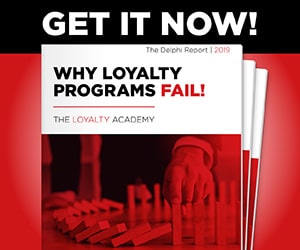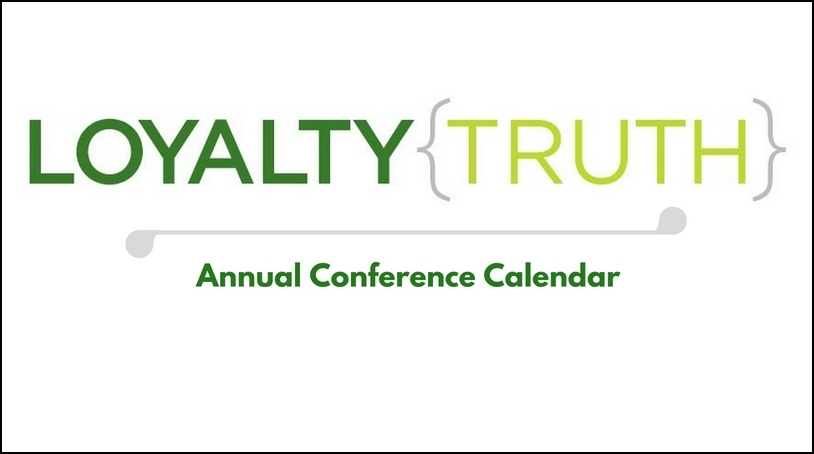Poor WaMu.
They failed as a financial institution, were acquired by Chase, and are now being disrobed of their innovative Occasio branch designs. In my  neighborhood, the evidence of Occasio is rapidly being wiped away by construction crews. While not everyone agrees on the wisdom of dismantling of the retail-like branch layouts, many will concur that WaMu fooled us badly.
neighborhood, the evidence of Occasio is rapidly being wiped away by construction crews. While not everyone agrees on the wisdom of dismantling of the retail-like branch layouts, many will concur that WaMu fooled us badly.
Before the financial crisis of last fall, the bank had received consistently top customer satisfaction ratings and was on track to remake retail banking through a consumer friendly delivery channel more similar to Atlanta Bread or Starbucks than a bank. Distracted by these indicators of success, many investors took their eyes off the fundamentals of a flawed mortgage business.
Not intending to pile on while WaMu is quickly fading into the sunset, I can’t help but document a vivid example of the Loyalty Asterisk™. Around the holidays, the bank ran a promotion to encourage customers to use their debit card with higher frequency.
 The message was strong and simply stated on the front of an 8 1/2 x 11″ flyer posted around local branches:
The message was strong and simply stated on the front of an 8 1/2 x 11″ flyer posted around local branches:
“Just use your WaMu Debit MasterCard or WaMu Business Debit MasterCard for anything you buy this holiday season – for you, your business or someone else.”
“You could win $1,000 a day”
“Or the 50,000 grand prize”
“It’s easy: Swipe, sign, and score a daily chance to win”
The Debit Card Rewards promotion was designed to change cardholder behavior and drive lots of incremental transactions over the next few weeks. I w as pushing the flyer into my bag, when I noticed the phrase “see reverse for details“. I flipped the paper over and look at what I found.
as pushing the flyer into my bag, when I noticed the phrase “see reverse for details“. I flipped the paper over and look at what I found.
If you can’t read the mice-type on the picture on the right, don’t worry, you don’t need to buy a larger monitor or hit “Ctrl +” a bunch of times to increase the resolution of the one are staring at. I held the piece in my hand and was mystified that I should even have to consider reading the myriad of conditions on the back page.
Every customer-centric bone in my body tells me that a simple URL linking to the terms and conditions of the promotion might have been a more elegant way to address the need for legal disclosure. If in fact some federal regulation requires the full disclosure of the promo as it appears on this page, then as a marketer, I would have just elected to punt on this tactic and find another that could be delivered to the customer without the Loyalty Asterisk™ attached.
“Discretion is the better part of valor” goes the saying, and sometimes marketers have to stand their ground and skip promotional offers whose delivery is led by the legal department. I’m giving WaMu the benefit of the doubt, as I hope the marketers didn’t knowingly produce this piece of customer-repelling communications.
I know it is all too late for WaMu, but I continue to see similar examples of this type of promotional communications in banking, retail, airline, and hotel rewards programs. There must be a better way…
 Previous Article
Previous Article



